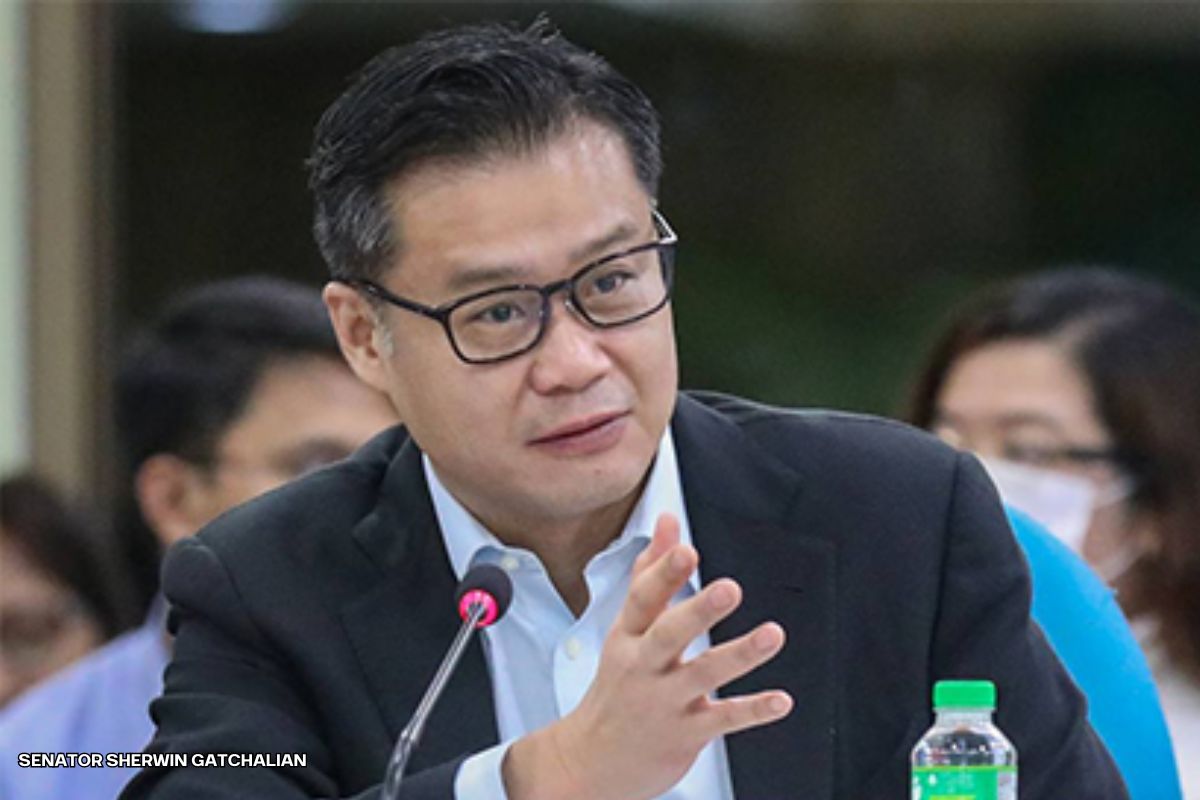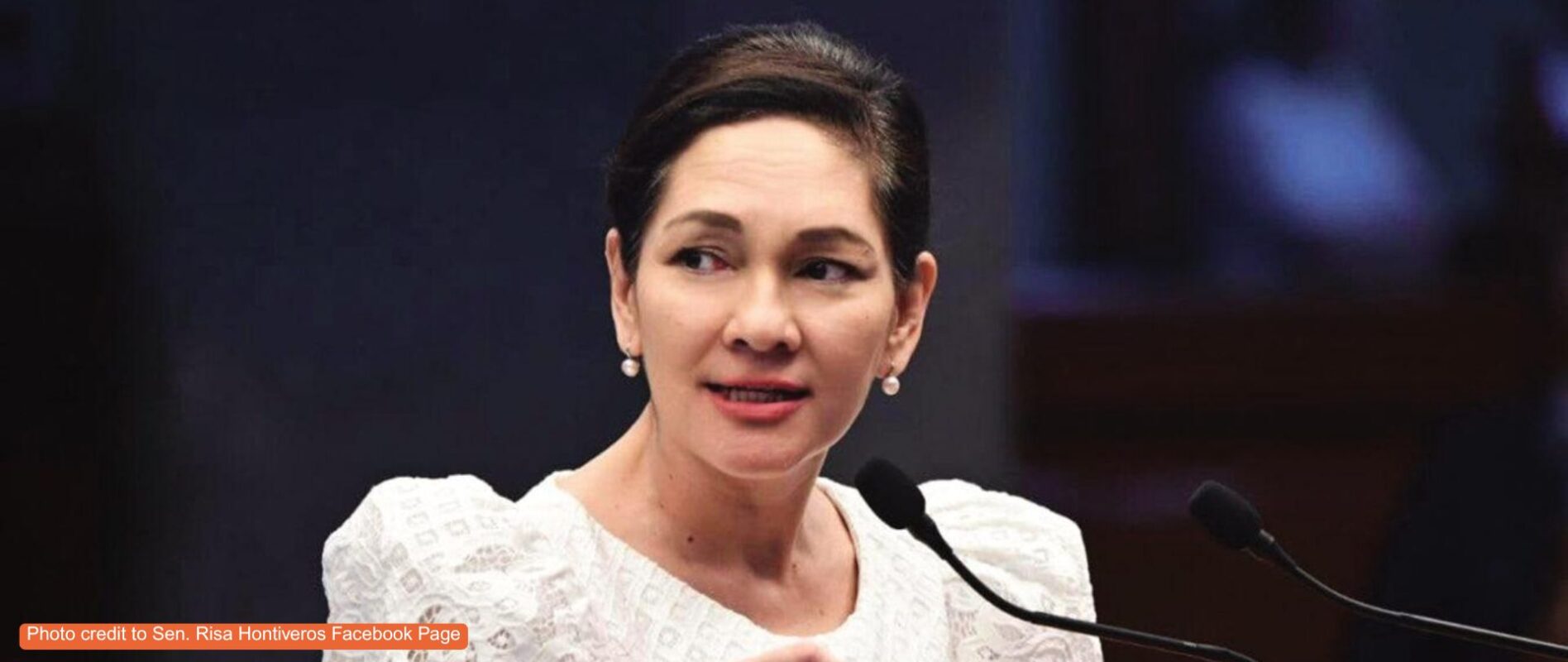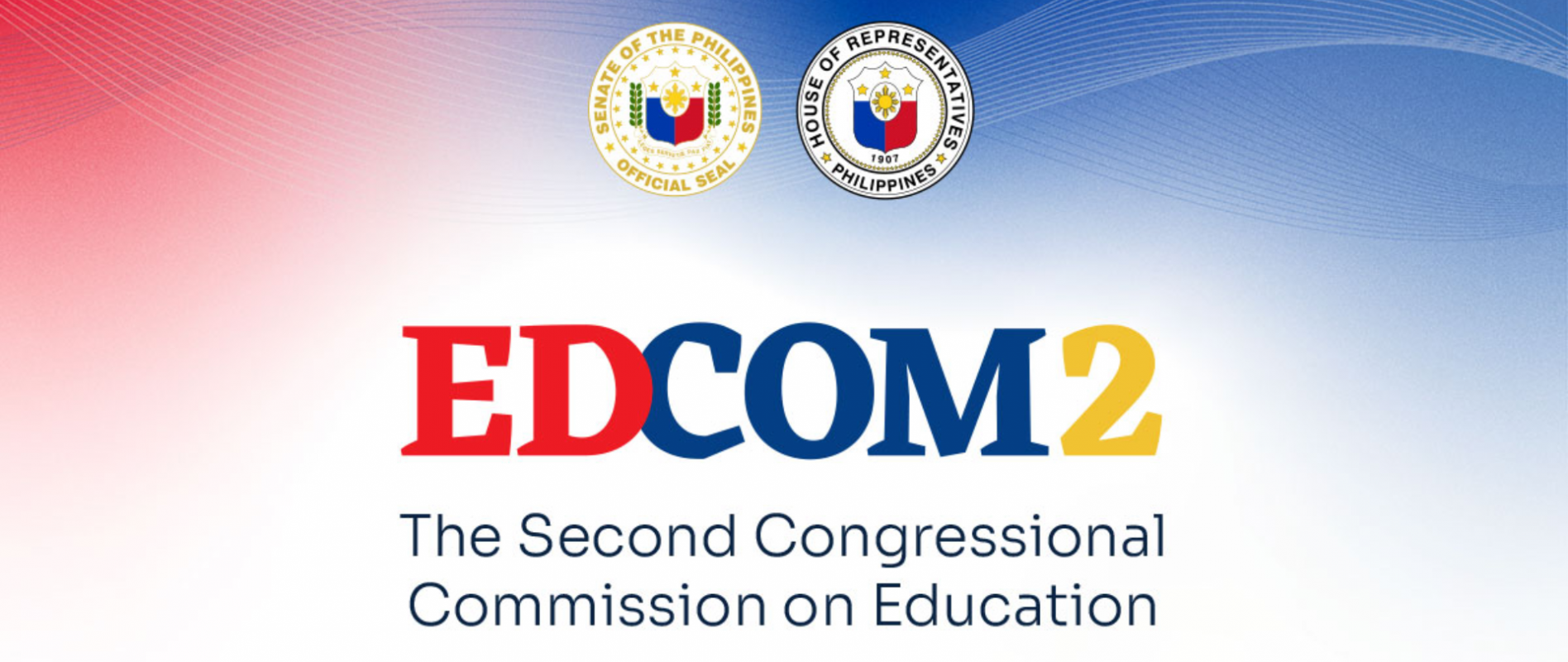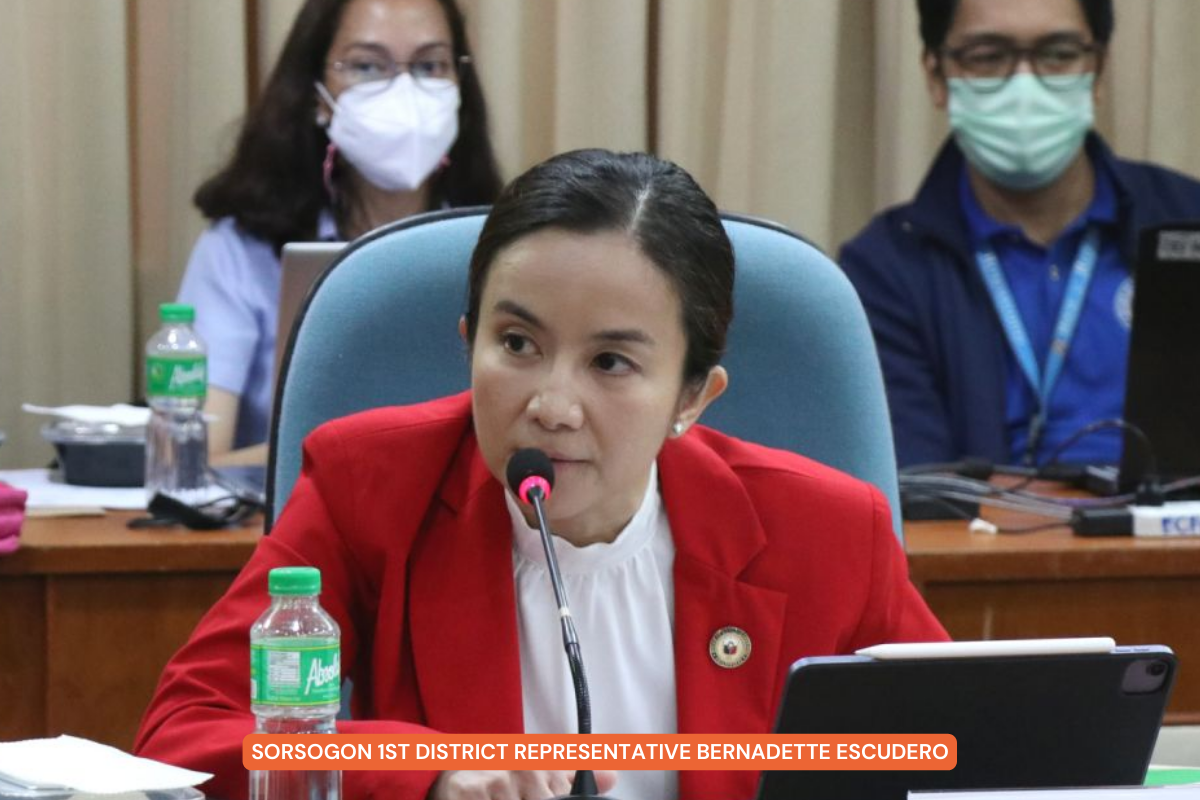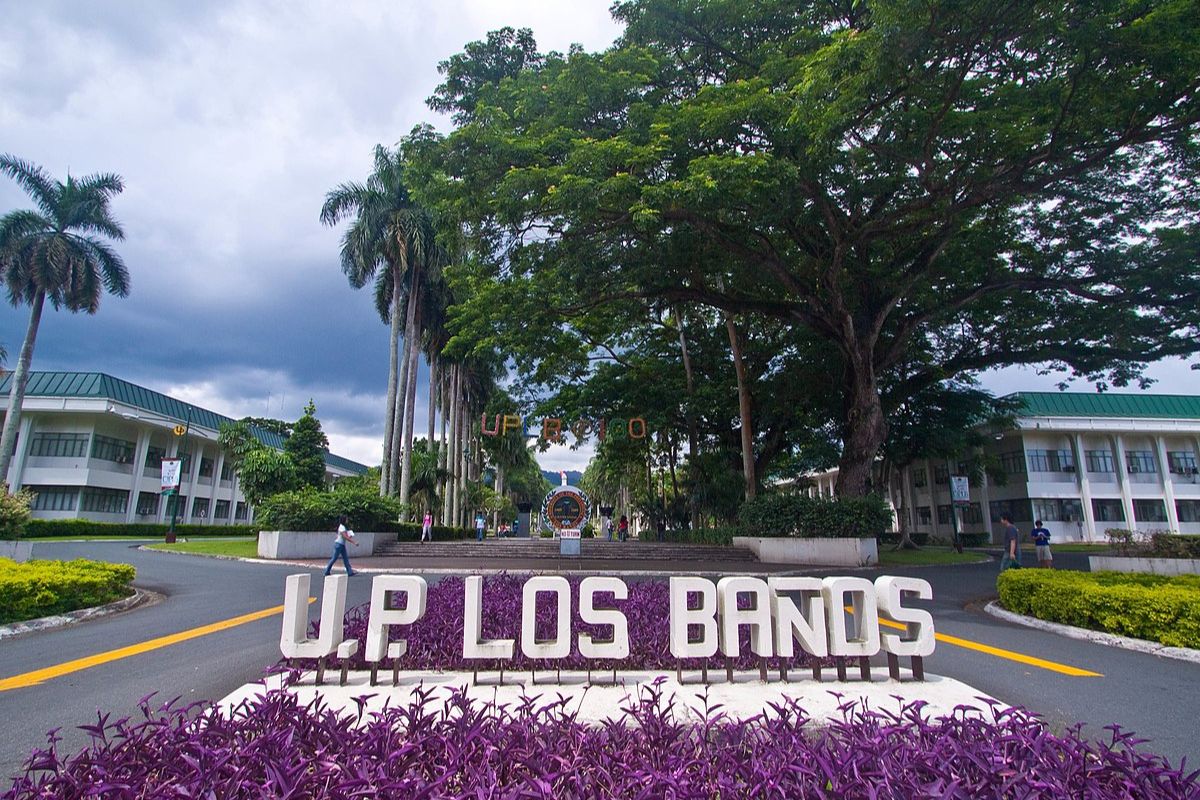SENATOR RAISES CONCERN OVER DISPARITY IN HIGHER EDUCATION PARTICIPATION RATES BETWEEN NCR AND BARMM
SENATOR Sherwin Gatchalian raised the issue of the alarming disparity in higher education participation rates between the National Capital Region and the Bangsamoro Autonomous Region in Muslim Mindanao, noting that while NCR has a 72% participation rate, BARMM’s is only 3%.
“We need to understand why BARMM’s participation rate is so low despite the availability of free higher education and other subsidy programs like TES and the Tulong Dunong program,” Gatchalian said.
CHED Chairman Popoy de Vera responded that while CHED oversees state universities and colleges in BARMM, private universities in the region fall under the jurisdiction of the BARMM Ministry of Basic, Higher, and Technical Education, limiting CHED’s ability to enforce standards or intervene directly.
“While we assist BARMM in building its technical capacity for quality assurance, CHED has no legal basis to enforce our standards on private universities in BARMM,” De Vera clarified.
He also noted the challenges in obtaining data from private institutions.
Gatchalian pointed out that state universities and colleges in BARMM still fall under CHED and can be mobilized to encourage enrollment in higher education since these institutions receive funding and subsidies through national programs.
“At the end of the day, we want to educate students in BARMM. We want to encourage them to go to school,” Gatchalian said.
Senator Pia Cayetano also commented, referencing Section 16 of the BARMM Law, which prioritizes an integrated system of quality education. She noted that this provision could facilitate a more cohesive relationship between CHED and BARMM, enabling stronger collaboration in ensuring access to quality education for students in BARMM.
De Vera elaborated on ongoing efforts to strengthen BARMM’s capacity to manage and monitor its higher education institutions. He mentioned training and technical assistance to develop quality assurance systems, which would enable BARMM programs to benefit from national subsidies like TES and Tulong Dunong.
“We have funded several projects supporting higher education in BARMM. It depends on what they request, which is part of their autonomy. But we respond to whatever requests they make, including grants for SUCs in the region,” De Vera said.

